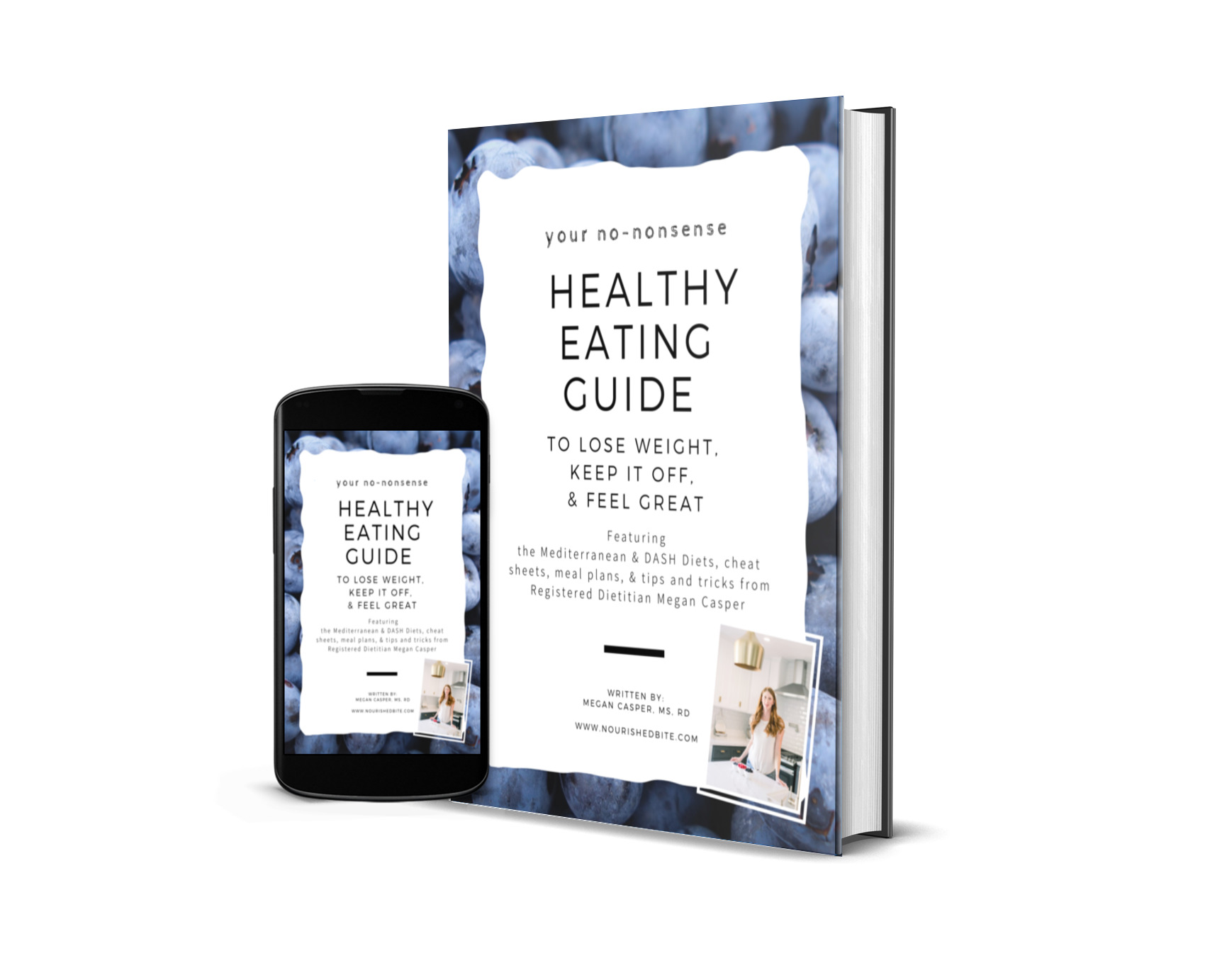5 Ways to Add 10 Years To Your Life (No Exaggeration)
/While the fountain of youth is still MIA, researchers at Harvard just concluded a 30 year study that shows five simple things can add over 10 years to your life! Read on to find out what you can do to live longer, starting today.
This study found that those who maintained the healthiest lifestyles added 14 years (women) and 12 years (men) to their lives. People who had maintained the healthiest lifestyles were 82% less likely to die from cardiovascular disease and 65% less likely to die from cancer during the 30 year period.
Here’s a breakdown of what they did - and how you can accomplish the same!
Eat well:
It’s no secret that your diet will impact your life. Don’t worry - participants in this study didn’t have to follow a super strict diet. Quality was emphasized over types of macronutrients, so you can still have your carbs and keep on ticking.
In general, people who lived longer had more whole grains than refined grains, ate five servings of both fruits and vegetables each day, had more healthy fats like polyunsaturated fats (found in nuts, seeds, and fatty fish) and omega 3 fatty acids, and ate leaner proteins. Points were deducted for consuming sugar sweetened beverages and fruit juice, red meat, high amounts of sodium, and excessive alcohol.
If you need a little more guidance to follow these rules, you may want to check out the DASH or Mediterranean diet, or send me a message!
Exercise often:
Exercising 30 minutes a day can keep the undertaker away (how’s that for a jingle?) Participants in this study did moderate or vigorous exercise for 30 minutes or more per day.
While their definition of activity was pretty out there (you have to burn 3 times the amount of calories during your activity as you would sitting), here are few examples of ways to get your blood pumping. Moderate activities included walking briskly, heavy cleaning like mopping or vacuuming, mowing the lawn, bicycling with light effort, and doubles tennis. Vigorous exercise included hiking, jogging, shoveling, bicycling quickly, carrying heavy loads, singles tennis, basketball, and soccer.
If the idea of 30 minutes a day seems intimidating, start small and aim for a 10 minute walk twice this week. You’ll be amazed at how much further you can go in just a few short weeks. If you don’t have time for 30 minutes all at once, more good news! A recent study found that even small bouts of exercise, done frequently through the day - like taking the stairs - can add up and cut your risk of mortality by half, so get in activity when you can!
Maintain a healthy weight:
In this study, researchers defined a healthy weight as the BMI of 18.5 to 24.9. (If you’d like to calculate yours, go here.) Out of this range? Well the good news is that doing the two activities above will help you maintain a healthy weight. Also BMI can be a tricky measure of health since it doesn’t take into account a person’s muscle tone, bone or fat proportions. This means a person with little fat but a ton of muscle tone will be deemed obese, or not healthy, while a person with very little muscle and more fat may have a healthy BMI.
If you drink, don’t have too much:
Research goes back and forth on the health benefits, or lack thereof, of drinking. The current consensus is that drinking one serving a day for women and two for men is relatively safe. A serving size technically contains 14 grams of pure alcohol. In real world terms this means that women can have 12 ounces or one can of regular beer, 5 ounces of wine, 1.5 ounces of hard alcohol, or 9 ounces of malt liquor a day and men can have double. You may want to measure and check out your pour, since glasses these days tend to be large and make it easy to overindulge.
Chuck the cigarettes:
If you’re a smoker you already know that smoking isn’t great for you. One of the many reasons they’re not good for you - chemicals in cigarettes can help speed up the growth of plaque in your heart and arteries, greatly increasing the risk for blocked arteries, heart attacks, and stroke. Can’t break the habit? Head on over to lung.org to get the resources you need.



